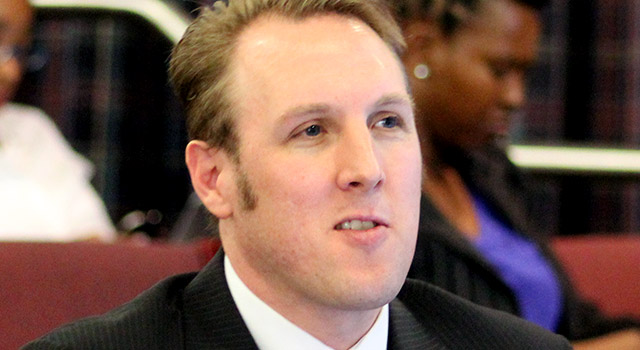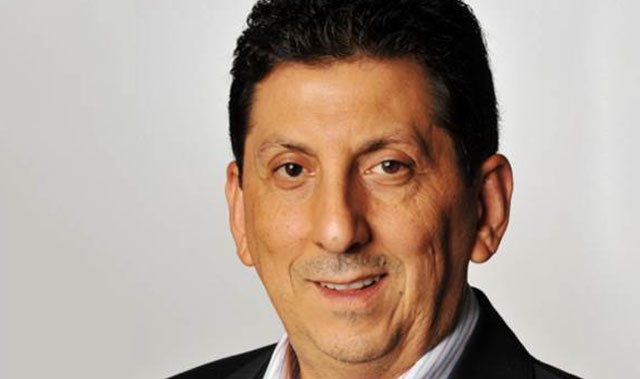
Telkom has become the second big operator in as many weeks to call on over-the-top (OTT) service providers to contribute a fair share for their use of South Africa’s telecommunications infrastructure. OTT players include international companies such as WhatsApp and Skype.
Speaking at public hearings hosted by communications regulator Icasa on Thursday, Telkom’s head of regulatory affairs and public policy, Richard Majoor, warned that OTT players are “skimming” voice revenues from the operator and this is making it more difficult to cross-subsidise uneconomical rural areas using money made in profitable urban centres.
Majoor’s comments follow remarks by MTN South Africa CEO Ahmad Farroukh, who told TechCentral in an interview two weeks ago that his company is not prepared to spend billions of dollars building advanced telecoms networks just so that OTT providers can get a “free ride” by competing with the company using that same costly infrastructure. There has to be some sort of quid pro quo, Farroukh said.
Farroukh said mobile operators and OTT players had to reach a “certain understanding”. He added that the way OTT players used mobile operators’ networks is “unfair”.
Now Telkom’s Majoor has warned that the “revenue erosion” being caused by OTT providers is making it more difficult for the company to sustain universal service obligations in loss-making rural parts of South Africa.
“OTTs skimming voice revenues off Telkom impairs our ability to sustain this internal cross-subsidy in the long term,” Majoor said. “This should be taken into account into the design of regulatory measures.”
This “skimming” will increase the access-line deficit — the amount of money Telkom loses for each line in service when only taking into account the basic telephone line rental fee — and this is particularly true in less economical areas where people use prepaid lines, he said.

“A balance needs to be struck between OTTs that drive lower prices and operators like Telkom that have to invest in the network that allow OTTs to exist in the first place.”
Majoor said Icasa should attempt to regulate OTTs directly “to the extent possible to make sure they make fair and proportionate contributions to the development of the telecoms sector”.
He applauded the decision by government to impose 14% VAT on international providers of digital goods, even though commentators had expressed doubt about its enforceability.
He suggested that OTTs that provide voice-over-Internet protocol telephony to consumers should be levied an “interconnection surcharge”.
Telkom warned that regulatory and policy interventions must deal with the risks associated with OTT providers. Specifically, there must be a focus on stimulating and not undermining investment in telecoms infrastructure.
At the same time, Telkom has warned that introducing net neutrality regulations in South Africa makes no sense. Net neutrality seeks to ensure operators can’t discriminate based on the types of traffic flowing across their networks. Majoor warned such regulations will lead to less choice and lower quality of service for consumers. — © 2014 NewsCentral Media
- See also: Cell C to zero-rate WhatsApp




